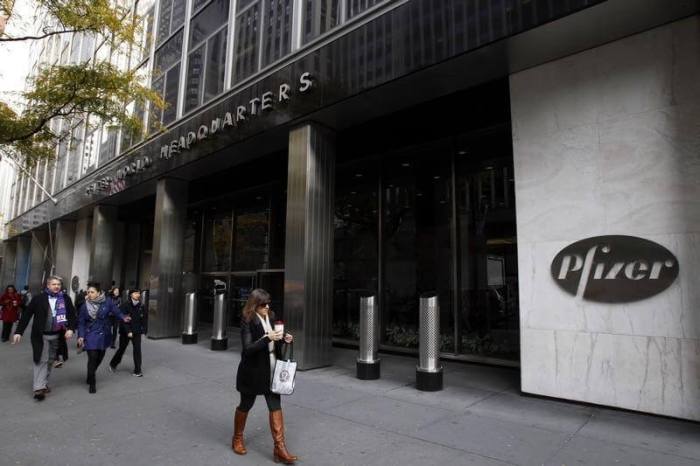By Sarah N. Lynch and Suzanne Barlyn
WASHINGTON (Reuters) – The U.S. Labor Department proposed sweeping changes on Tuesday that would require brokers who offer retirement advice to enter into “best interest” contracts with investors, in an effort to ensure customers are not steered into high-fee products. Labor Secretary Tom Perez unveiled the long-awaited plan, saying new rules are needed to protect consumers who may receive investment advice that is driven more by what will line brokers’ pockets, and not by their best financial needs. “The corrosive power of fine print and buried fees can eat away like a chronic disease at peoples’ savings,” Perez said.
For about five years, the Labor Department has been working to craft a workable rule to hold brokers who offer retirement account advice to a higher “fiduciary” standard of putting their customers’ interests first. Brokers must presently recommend investments that are “suitable” for investors.
President Barack Obama threw his political muscle behind the proposal in February, saying Americans are too often the victims of hidden fees that collectively cost billions of dollars.
For example, brokers may recommend a mutual fund that imposes a high upfront fee instead of a similar lower-cost alternative, leaving the consumer less money to invest.
If adopted, the rule would have an impact on brokerages such as Fidelity, Wells Fargo, Charles Schwab, Raymond James, Morgan Stanley and Bank of America.
Tuesday’s draft contained some significant changes from a prior version, which the Labor Department scrapped in 2011 amid widespread criticism from the industry.
A signature piece of the rule centers on “best interest” contracts in which brokers will be required to pledge to uphold their clients’ best interests.
Such contracts must assure clients that the brokerages have policies and procedures in place to mitigate conflicts of interest.
Customers who feel the contract was breached could enforce it against the broker through a private right of action, such as an arbitration.
The Internal Revenue Service would also be able to impose an excise tax on transactions that were based on conflicted advice.
Industry trade groups largely held their fire on Tuesday, saying they need to review the details.
Perez said the plan will be thoroughly vetted. A 75 day comment period and public hearing are to follow.
Alice Joe, a managing director at the U.S. Chamber of Commerce, said the Chamber plans to request an extension.
“Instead of using a scalpel to make surgical changes to the rules,” she said, “they brought out the snowplow.”
The industry has warned that overly strict rules could limit retirement products available to investors because fewer brokerages would offer individual retirement accounts.
The Labor Department said that its plan will preserve commission-based compensation and revenue-sharing. The industry has been concerned about the possible elimination of such practices.
Still, some outside observers expect the changes will not satisfy the industry.
Jaret Seiberg, an analyst at the Guggenheim Partners Washington Research Group, said firms may be concerned about the “legal liability” associated with signing the contracts.
Advocates for investors hailed the plan Tuesday.
Barbara Roper, a director at the Consumer Federation of America, said it is crucial the rule will apply when brokers provide advice to investors rolling over 401(K) funds, saying that is a “point of ultimate vulnerability” for investors. The industry will likely be eager to see how the Labor Department’s plan may square with another rule in early-stage development by the Securities and Exchange Commission. [ID: nL2N0WJ1E9]
(Reporting by Sarah N. Lynch and Suzanne Barlyn; Editing by Bill Trott, Will Dunham, Dan Grebler and Andrew Hay)
U.S. Labor Department unveils retirement brokers rule

By Sarah N. Lynch and Suzanne Barlyn


















